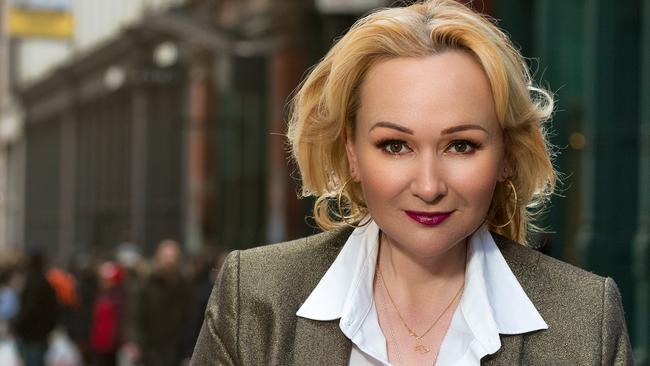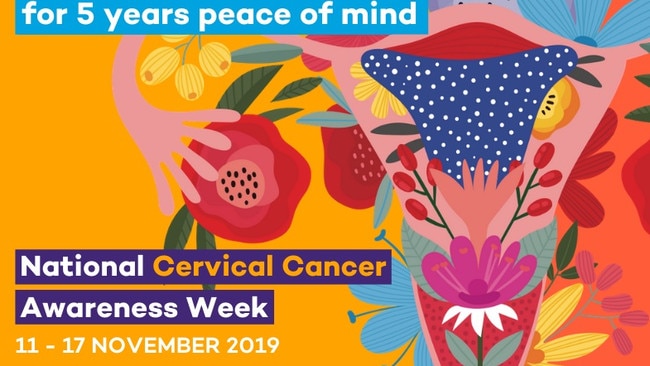Cancer survivor Lisa Lockland-Bell urges Logan women to get regular tests
The wife of a Logan City Council mayoral candidate has used her battle with cervical cancer to urge other women to get regular tests during National Cervical Cancer Awareness Week, which runs until Sunday.

Logan
Don't miss out on the headlines from Logan. Followed categories will be added to My News.
LOGAN Hospital could soon house a specialist cancer and oncology unit.
Although the concept was still in an early stage of planning, news of the project prompted the wife of a Logan City Council mayoral candidate to speak out about her battle with cancer.
Lisa Lockland-Bell, the wife of mayoral candidate Stewart Fleming, said a cancer unit was needed in Logan, where many women remained unaware of the need for regular testing.
Ms Lockland-Bell was diagnosed with stage four cervical cancer in 2006.
More than 10 years later she was made an ambassador of The Australian Cervical Cancer Foundation and has travelled the world and to Nepal to support local women’s health.
Her diagnosis with the killer disease, took her and her family on a challenging journey which changed their lives.
As part of National Cervical Cancer Awareness Week, which runs until Sunday, Ms Lockland-Bell said she wanted to use her role as an ambassador for The Australian Cervical Cancer Foundation to help women realise the need for regular testing for an early detection.


“I was diagnosed with stage 4 cancer of the cervix in 2006,” she said.
“Had I not gone for a routine pap smear, I can honestly say I would not be here today.
“Now, as an active member of the Logan community, mother of three and owner of my own business, I am here to raise awareness in Logan.
“It is fantastic to know that there is a new oncology ward going into Logan Hospital but it is also important to know that only 23 per cent of Australian women know that the cervical screening test is required every five years.”
SUBSCRIPTION BARGAIN: FULL ONLINE ACCESS: $5/MONTH FIRST 3 MONTHS
Ms Lockland-Bell helped to introduce vaccines against the human papillomavirus, known as HPV, in Nepal.
An estimated 951 Australian women will be diagnosed with cervical cancer this year and 256 will die from the disease.
Ms Lockland-Bell urged all women to organise to get tested this week.
“Those who have not had a cervical screening test within the last two years should do so before December 2019, in order to move over to a new five-year cycle,” she said.
“If HPV is not detected, their next screening will be in five years’ time.
“The need for action remains high as Australia is set to be the first country to eradicate cervical cancer if screening participation rates increase from 50 per cent to more than 70 per cent by 2035,” she said.


